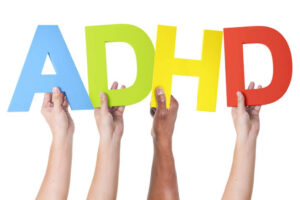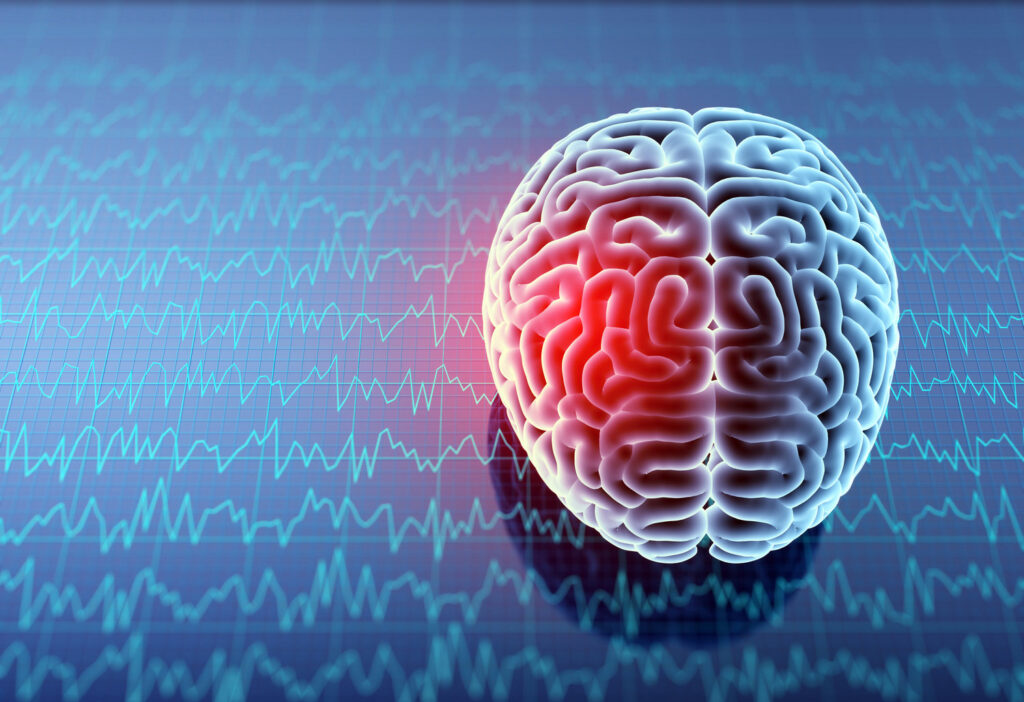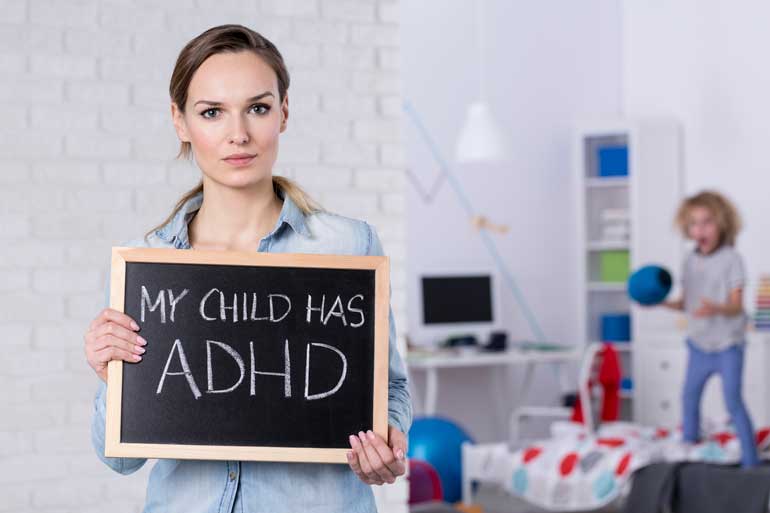What Is ADHD? A Quick Overview 2024

What Is ADHD?
Attention Deficit Hyperactivity Disorder, or ADHD, is a non-curable, but treatable, health condition that affects the brain. It results in hyperactive and impulsive behaviors and makes it difficult for an individual to concentrate.
While most commonly found in children, adults can also be diagnosed with ADHD.
Symptoms of ADHD

img source: verywellfamily.com
Although there are many symptoms of ADHD, some of the most common signs, including the ones already mentioned, are:
- difficulty concentrating on performing tasks
- restlessness
- impulsivity or acting without thinking (blurting out, interrupting others, etc.)
- easily distracted
- forgetfulness
- constantly in motion
- difficulty sitting still
Even though these symptoms may be apparent, having one or more of these symptoms does not mean an individual has ADHD.
In fact, according to NYC Psychiatrist Anthony W. Termine MD, it can be difficult to diagnose the disorder because a person needs to manifest 6 or more symptoms to be considered as having ADHD.
Types of ADHD
While ADHD is commonly used as a generic term, there are at least three different subtypes defined by the American Psychiatric Association (APA).
They are Hyperactive-Impulsive, Inattentive, and Combined (both Hyperactive-Impulsive and Inattentive).
Hyperactive-Impulsive

For people with Hyperactive-Impulsive ADHD, the usual symptoms displayed are fidgeting, difficulty in holding still, blurting out, interrupting others, impatience, and talking excessively.
Inattentive
As the name suggests, those with Inattentive ADHD often struggle with paying attention, listening, remembering tasks or instructions, and are easily distracted. Other symptoms include frequent daydreaming and confusion.
Combined
Combined simply is an amalgamation of both Hyperactive-Impulsive and Inattentive.
This means that an individual can have and display symptoms from both subtypes.
According to Dr. Termine and Healthline Media, Combined is the most common type of ADHD.
What Causes ADHD?

img source: squarespace-cdn.com
The cause of ADHD is still unknown but scientists seem to agree that it is related to genetics and or exposure to toxic environments (such as lead, alcohol, smoking, and drugs) during and after pregnancy.
Other factors that could play a role in causing ADHD are:
- brain injury
- premature birth
- extreme and excessive stress during pregnancy (according to the American Psychiatric Association)
What Does Not Cause ADHD
There are some misconceptions about what can cause ADHD.
One popular belief is that ADHD is caused by eating too much sugar, resulting in an individual’s high energy output.
However, the Centers for Disease Control and Prevention (CDC) suggests that there is no sufficient evidence to prove this.
In fact, the American Academy of Pediatrics (AAP) shares a case study that was conducted on pre-school and school-aged children, about whether sugar had any effect on hyperactivity. According to the researchers, they “found no effect on behavior or ability to concentrate when sugar intake was far above normal, even among those whom parents identified as ‘sugar sensitive.’”

img source: readersdigest.com.au
Similarly, another experiment mentioned in the article shared its findings regarding the effects of sugar given to young boys, considered by their parents as “sugar-reactive.” In their findings, they discovered that “sugar had the opposite effect to what was expected…” and that these individuals became “less active than before.”
In the same article, another study compared the effects of sugar consumption on children with ADHD to those without. By measuring and comparing the children’s blood glucose, researchers found that children with ADHD had “exactly the same response to sugar consumption as…children without ADHD.”
The article concludes with, “There is no scientific basis for claims that sugar and other sweeteners influence behavior or cause ADHD…The overactivity children show after a birthday party or Halloween may be due more to the stimulation of the event than the sugar.”
Likewise, the CDC also adds that ADHD is not caused by watching excessive television, parenting, poverty, or family turmoil; rather, those factors can make symptoms worse.
Consequences of ADHD
Those who suffer from ADHD may also suffer other types of complications; the most common of which are depression and anxiety.
Children with ADHD are particularly more susceptible to these complications.
Additionally, the Mayo Clinic mentions that children who have ADHD may struggle with:
- making friends at school
- their self-esteem
- their school work
The Mayo Clinic also notes that when children struggle with ADHD, they may experience judgment from their peers and adults, and an increased risk of drug and alcohol abuse as well as delinquent behavior.
It is also important to note that adults may experience similar complications.
Treating ADHD

img source: verywellfamily.com
As with all medical conditions, it’s important to know what treatments will best help.
Proper diet and daily exercise can significantly improve the mental and physical health of an individual who suffers from ADHD.
Others suggest minimizing television time may help—although, this is not proven.
Regardless, the Mayo Clinic recommends minimizing television exposure to children during the first five years of their life.
That is because children’s brains are still developing.
Dr. David Hill, from the AAP, explains “Good evidence suggests that screen viewing before age 18 months has lasting negative effects on children’s language development, reading skills, and short term memory. It also contributes to problems with sleep and attention.”
This, again, implies that watching TV does not cause ADHD, but rather can hinder a child’s ability to focus and to communicate.
Another recommended treatment by Dr. Termine is to create an organization by writing down a list of tasks or ideas in a planner or designate a spot where items should be placed or returned.
Dr. Termine also explains that individuals with ADHD do better when they know what the expectations and rules are, and when they are able to follow a consistent schedule. They also do better when they receive praise for performance and behavior.
Other types of treatments that may help include:
- getting enough sleep
- medication
- therapy
However, when looking for appropriate treatment, it should be remembered that every individual is different.

img source: wp.com
ADHD Is Treatable
Remember that ADHD is not only treatable, but it is manageable. And that any child or person who has it, can have a happy and successful life.
It may be necessary to seek professional advice from your doctor.
